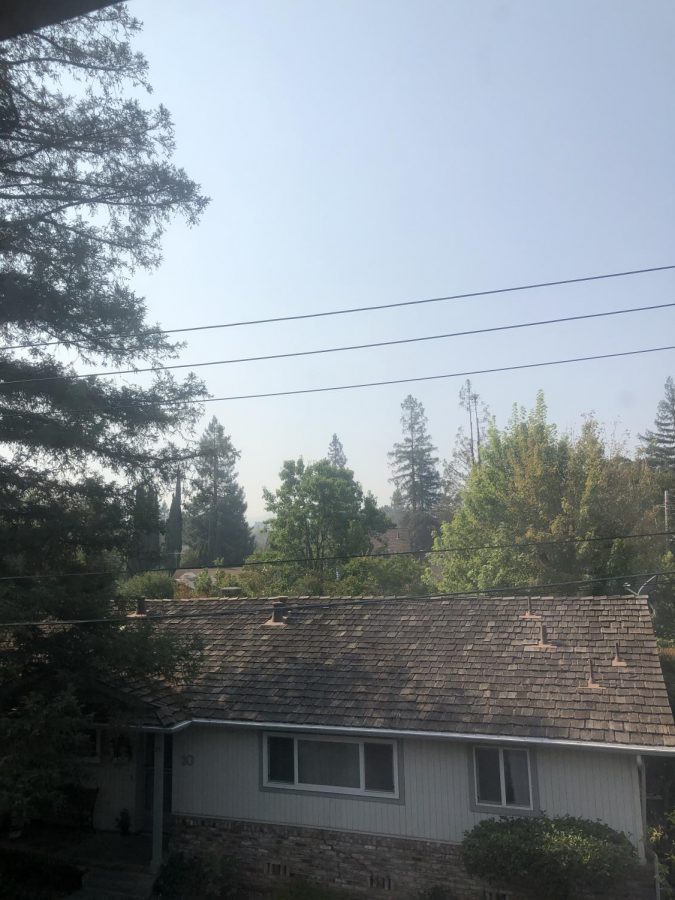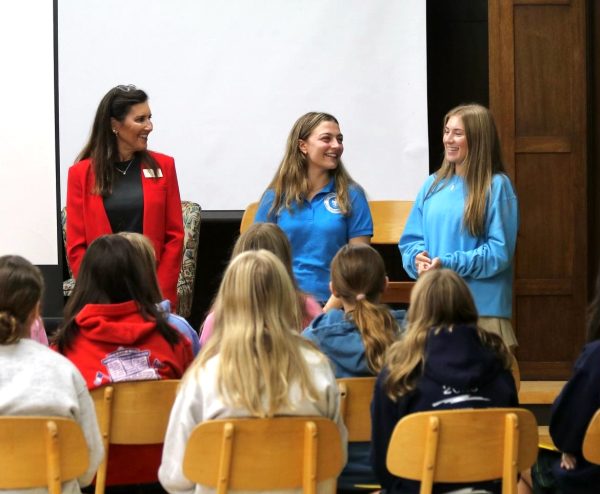How we can maintain low pollution levels after the pandemic
The Catalyst / Charlotte King
One benefit of being in this pandemic is that there has been an intense decrease in the amount of pollution. Although it is still a huge issue today, this pandemic has significantly lowered mankind’s total carbon footprint. The main factor contributing to this decline is that people are staying at home more often because of a lesser need to drive to places. This is particularly true when people are being quarantined. Now, as the approval of a vaccine is getting closer and social distancing restrictions for gatherings are being loosened, there is a major concern that pollution levels will return to their pre-COVID-19 levels. It is important to keep our pollution levels at the currently lower pandemic level and to continue this pollution-reducing trend.
First, we need to be more mindful. Before you are about to use something (including energy), consider how it will affect the environment. Will it cause more damage? Is there a more eco-friendly way to be able to achieve the same results? For example, if you are wanting to go out and drive your car, ask yourself if you could walk or bike instead. Consider how this would affect you. By continually asking yourself these types of questions, you will make choices that will help humanity to continue to reduce pollution.
This pandemic has proven how much of an effect humans have on the environment. Within Wuhan (Central China) there has been a global drop in air pollution. It has been “10 to 30 percent lower than normal” (WIRED) because there is less industrial production taking place and less use of cars. Another way to try and be resourceful is by reusing bags. Please do NOT use plastic bags or waste paper bags if you already have a perfectly good bag that could just as easily be used for the job. Reusing an item should always be considered first. This will help prevent the disposal of waste in the environment like how plastic bags are ending up in the oceans, hurting marine life which unknowingly is consuming these products and being harmed. In addition to reducing waste, we should be just as mindful of preserving our natural resources. For example, “3.5 – 7 billion trees” are being cut down by industry. (The UNDERSTORY). If we reduce our use of paper towels, for example, fewer trees will need to be cut down as a result, leaving more trees in place to help prevent global warming. To be able to keep this positive change, we must ask ourselves continually how and what we can do to do better. We need to think of not only how we can do better, but why we should. “Why should I try and use my car less? I don’t see any air pollution?” If this is the case when answering to yourself, then you are very fortunate that air pollution has not yet reached that point like in certain parts of India and China. This doesn’t mean that it will not get there. So, by just trying to follow these guidelines, you are giving humanity a longer run to be able to survive on Earth (home).
This pandemic has not only lowered our numbers dramatically, but it has also truly shown us what a glimpse of the future would be like if people kept a low-carbon footprint. I believe the main idea to remind one another is just to ask a simple question: what can I do better to help our home? Like people have said, “it’s the only one we’ve got” so as we take care of the place we go back to, at the end of the day, let’s take care of our home.

As a senior, Charlotte King is a new staff member to join The Catalyst. She hopes to be able to write stories about NDB for the community to enjoy throughout...






